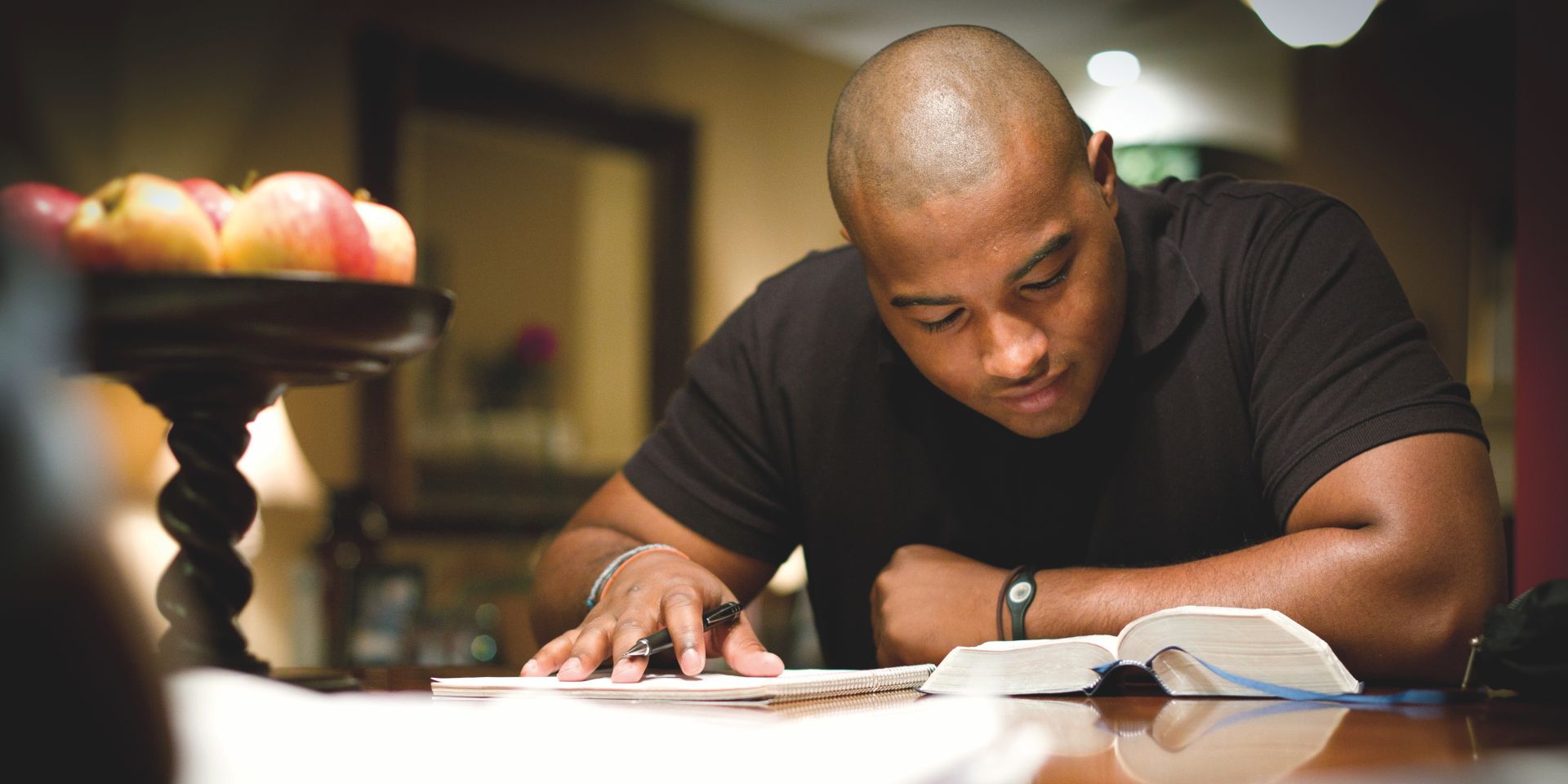
We live in a time of unprecedented information at our fingertips. All we have to do is say “Hey, Google” or “Siri, tell me …” and our electronic devices will answer our questions. Sometimes well, sometimes not. Siri can even beatbox. But even the latest technological miracles have their limits. One of which is spirituality. Now, I’ve never asked Hey, Google, or Siri to tell me about faith, but telling me about faith and learning about faith are two different things. Telling me about faith requires nothing more than defining the term using several online dictionaries. But learning about faith requires real effort.
As young members of The Church of Jesus Christ of Latter-day Saints, we are taught about faith and how to practice it. But learning faith requires a test of faith. Sometimes even a crisis of faith. Some tests may seem to be no big deal, while others might leave us wondering about the basic doctrines of the Church. My own crisis of faith seems like it was just yesterday but was actually some years ago—and it lasted some years. My faith crisis was as real to me as other faith crises are to those experiencing them. The particulars aren’t what is most important. Rather, it’s how we address them, or more precisely, the time we take to address them. Because really learning faith takes time. And during that time, we have to sit with our doubts. And that’s not always a comfortable place to be.
Related: 5 Things to Realize about Faith Crises
Did God Forget Me?
My faith crisis may seem silly to some, but it was painful for me. I always wanted to have at least 6 kids. I had 4 with few issues, but then I had miscarriages. And my body gave out. I was confident that I just needed to be more healthy and take care of what turned out to be major thyroid issues, and I would be able to have more babies. I had faith, I prayed, I asked Heavenly Father for help. I just knew that if I had enough faith, I would have more children. But months turned to years, and I started doubting myself. I doubted that the Lord loved me. I doubted that He even knew who I was. He must have forgotten me. Because we’re commanded to have kids, right? To multiply and replenish the earth? And I was trying!
I became angry and upset with my body and with God. Why would He put me through this? Why wouldn’t my body just work properly? What was wrong with me that He wouldn’t answer my prayers? But I kept going to church, reading scriptures with my family, and performing my Church callings. I studied and learned how to take care of my health. And I got better at not only reading but studying the scriptures on my own. Slowly, I started to heal both physically and spiritually. But it took time, patience, humility, and effort. Here are 3 things I learned along the way:
1. Finding Humility and Patience
The first thing I had to learn was humility, followed by patience. I was sure that I knew what the outcome was supposed to be. And I wasn’t prepared to accept that the answer might be no. But that was holding me back. Elder Richard G. Scott said,
Humility is essential to the acquiring of spiritual knowledge. To be humble is to be teachable. Humility permits you to be tutored by the Spirit and to be taught from sources inspired by the Lord, such as the scriptures.
It was hard for me to trust the Lord’s will and timing until I let go of my stubborn pride. Sister Neill F. Marriott taught,
Our family motto doesn’t say, “It will all work out now.” It speaks of our hope in the eternal outcome—not necessarily of present results.
The scriptures teach us to “search diligently, pray always and be believing, and all things shall work together for your good” (Doctrine & Covenants 90:24). But Sister Marriott clarified, “This doesn’t mean all things are good, but for the meek and faithful, things—both positive and negative—work together for good, and the timing is the Lord’s.”
We just need to have humility and trust in the Lord and patience in His timing—even if they are contrary to what we think they should be.
Related: Taysom and Emily Hill: Faith, Family, and Trusting in the Lord
2. Studying the Words of the Prophets
 I was able to let go of my pride as I studied the words of both ancient and modern prophets. I sometimes felt that those speaking in general conferences were directing their messages to me. One of those was from Elder Jeffrey R. Holland, who said,
I was able to let go of my pride as I studied the words of both ancient and modern prophets. I sometimes felt that those speaking in general conferences were directing their messages to me. One of those was from Elder Jeffrey R. Holland, who said,
“When problems come and questions arise, do not start your quest for faith by saying how much you do not have, leading as it were with your ‘unbelief.’ That is like trying to stuff a turkey through the beak! Let me be clear on this point: I am not asking you to pretend to faith you do not have. I am asking you to be true to the faith you do have. Sometimes we act as if an honest declaration of doubt is a higher manifestation of moral courage than is an honest declaration of faith. It is not! So let us all remember …: Be as candid about your questions as you need to be; life is full of them on one subject or another. But if you … want to be healed, don’t let those questions stand in the way of faith working its miracle.”
Our faith can only work miracles if we nourish it through scripture study and prayer. And scripture study includes reading or listening to general conference talks.
3. The Power of Hymns
One of the things I started doing when I truly felt abandoned was playing some of the Simplified Hymns on the piano. One of my favorites was “Come, Come Ye Saints.” I would play through all five verses and read the words as I went, sometimes with tears streaming down my face. I would feel the power of the Spirit bring light to my soul. The introduction to the Hymnbook states, “Some of the greatest sermons are preached by the singing of hymns. … Hymns can lift our spirits, give us courage, and move us to righteous action. They can fill our souls with heavenly thoughts and bring us a spirit of peace.”
The hymns truly did that for me.
The Turning Point of Faith
After much work and effort on my part came the true turning point. We moved to a house that had very little storage space. My 4 kids were stuffed into two small bedrooms on the main level, while the two larger bedrooms in the basement were filled with stuff. A lot of it being baby and little kid stuff. But the two older kids wanted their own rooms, and the only way to do that was to clean out the basement rooms. My faith crisis was staring me in the face: I could make room for the children that I do have, but only by getting rid of the stuff I was holding onto for the additional babies I wanted to have.
In that moment, I had to realize that true faith isn’t getting what you want, it’s accepting the Lord’s will when the outcome isn’t what you want or expect it to be. In a nutshell, faith is a call to action. It’s a choice. For me, it was accepting His will and timing and embracing the blessing that I have. For others, it may be waiting until we receive the answers to our honest questions. But no matter what our crisis of faith entails, the question is the same: Will we turn to God and trust Him, doing our part to find the healing we seek?





